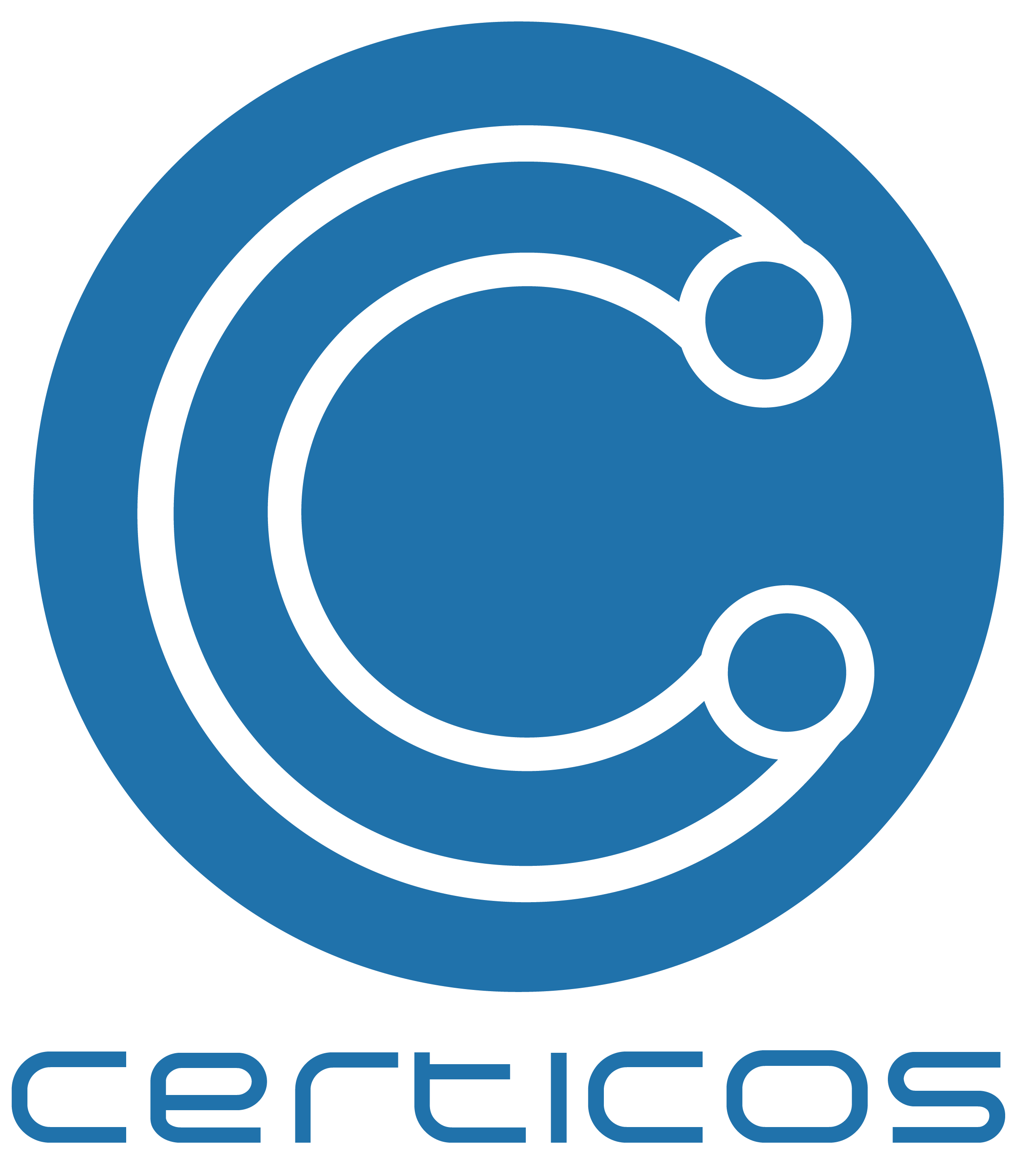The convergence of institutional capital and blockchain-based smart contracts is reshaping global finance. As programmable contracts become integral to financial infrastructure, they are streamlining capital flows, accelerating settlement times, automating compliance, and optimizing risk allocation. This transformation is not only enhancing market efficiency but also building trust among institutional and retail investors.

Content
The Surge of Institutional Investment in Digital Assets
Institutional interest in digital assets has surged dramatically. In the first quarter of 2025, institutional crypto allocations increased by 87%, with assets under management in Bitcoin exchange-traded products (ETPs) surpassing $100 billion . This shift indicates a deepening conviction among institutional investors, including sovereign wealth funds, pension schemes, and asset managers, who are now allocating to crypto at scale.
Moreover, the market for tokenized real-world assets (RWAs) reached $17.88 billion as of March 2025, up from $10 billion in 2024 . Tokenized treasuries and private credit have been significant contributors to this growth, reflecting the increasing institutional participation in digital assets.
Smart Contracts: Streamlining Capital Flows and Settlement
Smart contracts are self-executing agreements with the terms directly written into code, operating on blockchain networks. They eliminate the need for intermediaries, reduce transaction costs, and enhance transparency.
The smart contracts market is experiencing exponential growth, projected to expand from $2.63 billion in 2024 to $3.21 billion in 2025, at a compound annual growth rate (CAGR) of 22% . This growth is driven by the increasing adoption of decentralized applications, heightened security concerns, and the need for regulatory compliance.
In the context of cross-border payments, smart contracts can automate and simplify transactions by reducing intermediation, enhancing compliance, enabling real-time settlement, and lowering fees . This automation not only expedites transactions but also improves overall efficiency, making it particularly beneficial for institutional investors dealing with large volumes of transactions.
Automating Compliance and Enhancing Transparency
Compliance is a critical aspect of financial transactions, especially for institutional investors. Smart contracts can embed regulatory rules directly into their code, ensuring that specific compliance conditions are met before any transaction is executed . This automation reduces the need for manual checks, lowers compliance costs, and enhances transparency.
For instance, in cross-border transactions, smart contracts can provide automatic proof verification, introducing programmable compliance for digital assets . This feature is particularly valuable for institutional investors who must navigate complex regulatory environments across different jurisdictions.
Optimizing Risk Allocation and Portfolio Management
Smart contracts facilitate better risk allocation by enabling programmable financial instruments that can automatically adjust to market conditions. For example, smart bonds—automated financial bonds using blockchain technology—can streamline the bond issuance process, reduce settlement times, and increase transparency . This innovation allows institutional investors to manage their portfolios more efficiently and respond swiftly to market changes.
Furthermore, the integration of smart contracts into portfolio management enables automated rebalancing based on predefined criteria, enhancing the agility and responsiveness of investment strategies. This capability is crucial for institutional investors aiming to maintain optimal asset allocations in dynamic market conditions.

Regulatory Clarity and Political Support
The advancement of smart contracts and digital assets is bolstered by increasing regulatory clarity and political support. Governments and regulatory bodies are recognizing the potential of blockchain technology to enhance financial systems.
In the United States, the Office of the Comptroller of the Currency (OCC) issued guidance allowing national banks to provide cryptocurrency custody services, paving the way for more banks to explore offering crypto services . Such regulatory developments instill confidence among institutional investors, encouraging further adoption of digital assets and smart contracts.
The Role of Consulting Firms in Navigating the Digital Asset Landscape
As the digital asset ecosystem evolves, institutions seek guidance to navigate the complexities of blockchain technology, smart contracts, and regulatory compliance. Engaging with a digital asset strategy consulting firm or a blockchain asset investments consultant can provide valuable insights and tailored solutions.
These firms offer DeFi finance consulting services, assisting clients in understanding decentralized finance mechanisms and identifying suitable altcoin investment options. For startups, digital asset consulting for startups can be instrumental in developing robust strategies for entering the digital asset market.
Moreover, digital asset consulting for compliance ensures that institutions adhere to regulatory requirements, mitigating risks associated with non-compliance. Blockchain and digital asset consulting services also facilitate the integration of blockchain technology into existing systems, enhancing operational efficiency.
Learn How Institutions Are Reshaping the Future of Finance
Kenson Investments invites readers to explore educational insights into how institutional participation and blockchain innovation are redefining transparency, efficiency, and compliance in digital asset markets.
About the Author
This article was written by a contributor focused on digital asset education, blockchain innovation, and institutional trends in finance. Their work explores how technology, regulation, and capital markets intersect to shape the future of investment ecosystems. Through a data-driven and compliance-conscious lens, they aim to provide clarity in a rapidly evolving financial landscape.
Disclaimer: The information provided on this page is for educational and informational purposes only and should not be construed as financial advice. Crypto currency assets involve inherent risks, and past performance is not indicative of future results. Always conduct thorough research and consult with a qualified financial advisor before making investment decisions.
“The crypto currency and digital asset space is an emerging asset class that has not yet been regulated by the SEC and US Federal Government. None of the information provided by Kenson LLC should be considered as financial investment advice. Please consult your Registered Financial Advisor for guidance. Kenson LLC does not offer any products regulated by the SEC including, equities, registered securities, ETFs, stocks, bonds, or equivalents”

Randal Daly has been following the crypto space since 2024. He is a passionate advocate for blockchain technology, and believes that it will have a profound impact on how people live their lives. In addition to being an avid blogger, Randal also enjoys writing about developments in the industry as well as providing useful guides to help those who are new to this exciting frontier of finance and technology.







